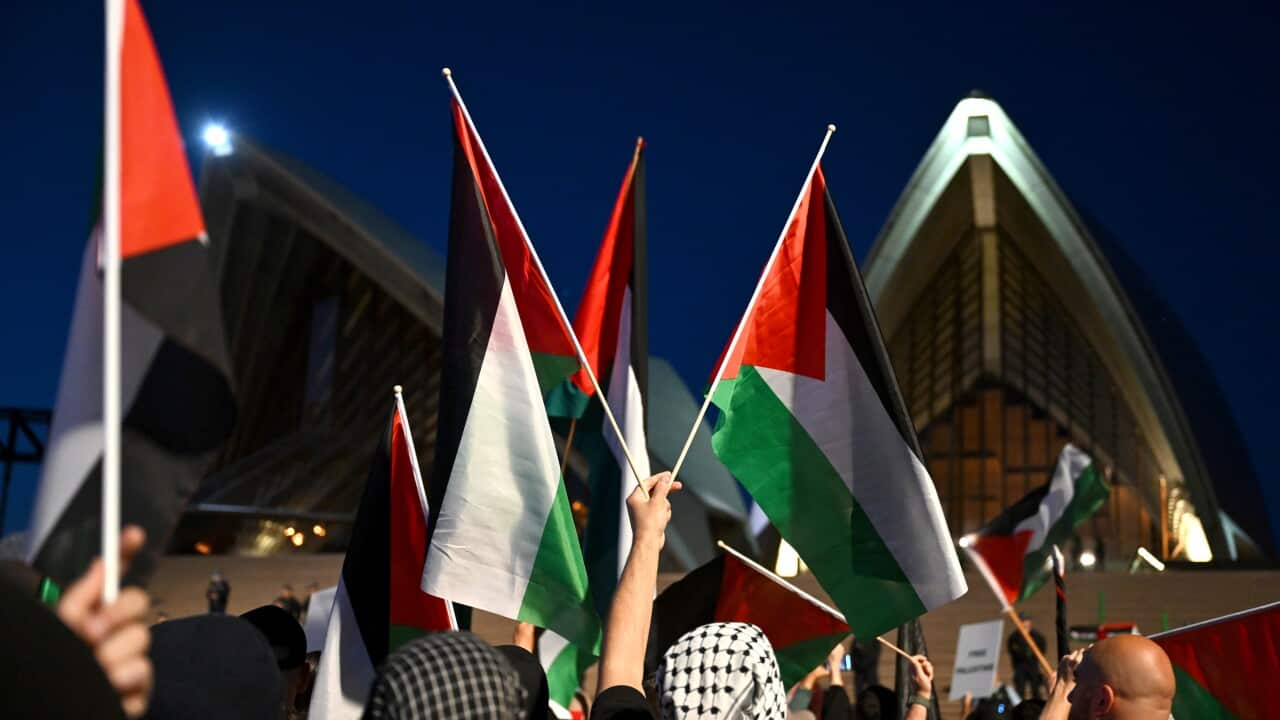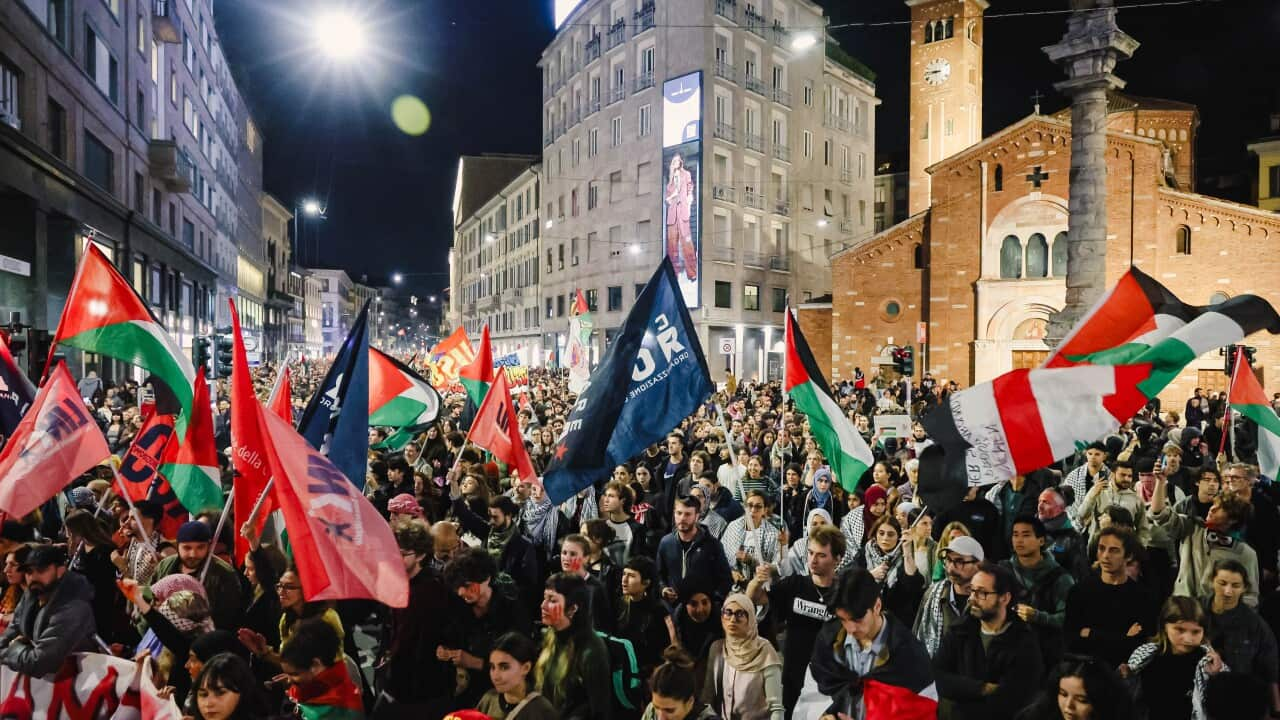A deadline for Hamas to accept a peace plan laid out by the White House is fast approaching, after United States President Donald Trump delivered an ultimatum to the Palestinian group.
Earlier this week, the White House released a 20-point plan for peace in Gaza, as well as releasing hostages held by Hamas and outlining the Palestinian enclave’s future.
Speaking alongside Trump at the White House, Israeli Prime Minister Benjamin Netanyahu backed the proposal but added that Israel was still prepared to “finish the job by itself” if Hamas rejected or countered it.
Hamas was notably absent from the release of the Trump-Netanyahu Gaza plan, raising doubts over whether the group will endorse it.
On Tuesday, Trump gave Hamas — the Palestinian political and military group that rules Gaza — an ultimatum of “three or four days” to accept his plan to end the war in Gaza “for their own good” or face severe consequences.
He reasserted the threat later in the week.
“We have one signature that we need, and that signature will pay in hell if they don’t sign,” Trump said.
World powers, including Arab and majority Muslim nations, welcomed the proposal, but Hamas had yet to issue a response as it reviewed the terms.
United Nations secretary-general António Guterres called on Tuesday for “all parties” to commit to the peace plan for Gaza presented by Trump.
Gutteres “once again reiterates his call for an immediate and permanent ceasefire”, spokesperson Farhan Haq said in a statement.
What does the plan include?
The plan calls for a ceasefire, as well as the release of hostages by Hamas within 72 hours, a disarmament of the Palestinian militants and gradual Israeli withdrawal from Gaza.
Hamas militants who agree to “peaceful co-existence” would be given amnesty.
It also includes the deployment of a “temporary international stabilisation force” and a transnational authority headed by Trump that includes former UK prime minister Tony Blair, which experts have said is controversial due to Blair’s history in the Middle East. He was a leading proponent of the 2003 US-led invasion of Iraq.
What has Hamas said?
According to an Axios report, Qatar, Egypt and Türkiye have urged Hamas to respond positively to Trump’s proposal.
“It is still too early to speak about responses, but we are truly optimistic that this plan, as we said, is a comprehensive one,” a Qatar foreign ministry spokesperson said.
However, reporting from BBC News claims the head of Hamas’ military wing in Gaza has indicated he does not agree to the ceasefire plan.
A report from the Jerusalem Post included an anonymous source who said Hamas was close to giving a response but the group had expressed a desire to keep fighting due to a belief that Trump’s plan was designed to destroy it, regardless of its decision.
Earlier this week, Eyal Mayroz, a senior lecturer in peace and conflict studies at the University of Sydney, told SBS News the plan would be difficult for Hamas to accept as it would not only have to disband and disarm, it would also be left vulnerable to “Israeli aggression”.
“Disarming or decommissioning its weapons would leave Hamas and its people defenceless, and also go against their aspiration to have any future in Gaza,” Mayroz said.
“This is giving up on everything they’ve got, and they’re now going to be at the mercy of Israel and of the international community.”
There are also indications that Netanyahu may not adhere to the requirements of the plan, including a key provision that Israel gradually withdraws from the territory.
In a video statement on Tuesday, Netanyahu said Israeli forces “will remain in most of the Gaza Strip”.
Some expert analysis suggests Netanyahu is relying on Hamas to reject the plan or may renege if Hamas responds with alternative demands.
Members of Israel’s government have also criticised Trump’s plan, including a criticism from finance minister Bezalel Smotrich that the plan was “a resounding diplomatic failure”.
During his press conference with Trump, Netanyahu cast doubt on whether the Palestinian Authority, which nominally runs population centres in the occupied West Bank, would be allowed a role in Gaza’s governance.
He also warned that if Hamas rejected the plan or did not abide by it, “then Israel will finish the job by itself”. Trump responded that Israel would have his “full backing” to do so if Hamas did not accept the deal.







